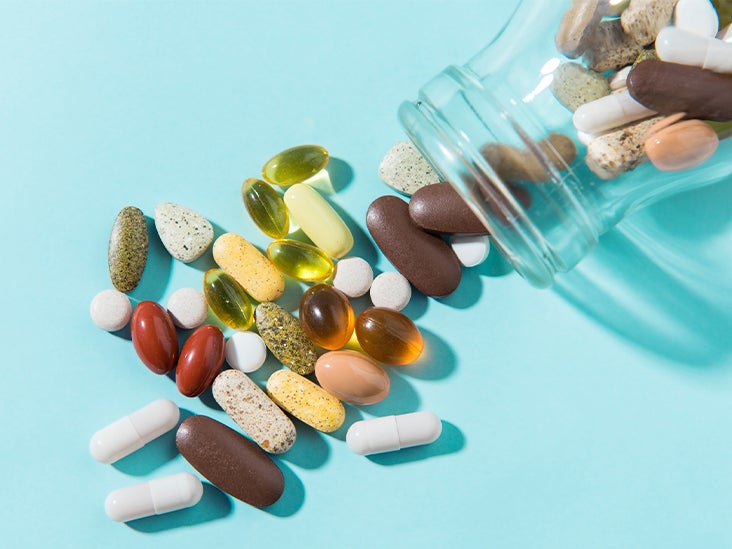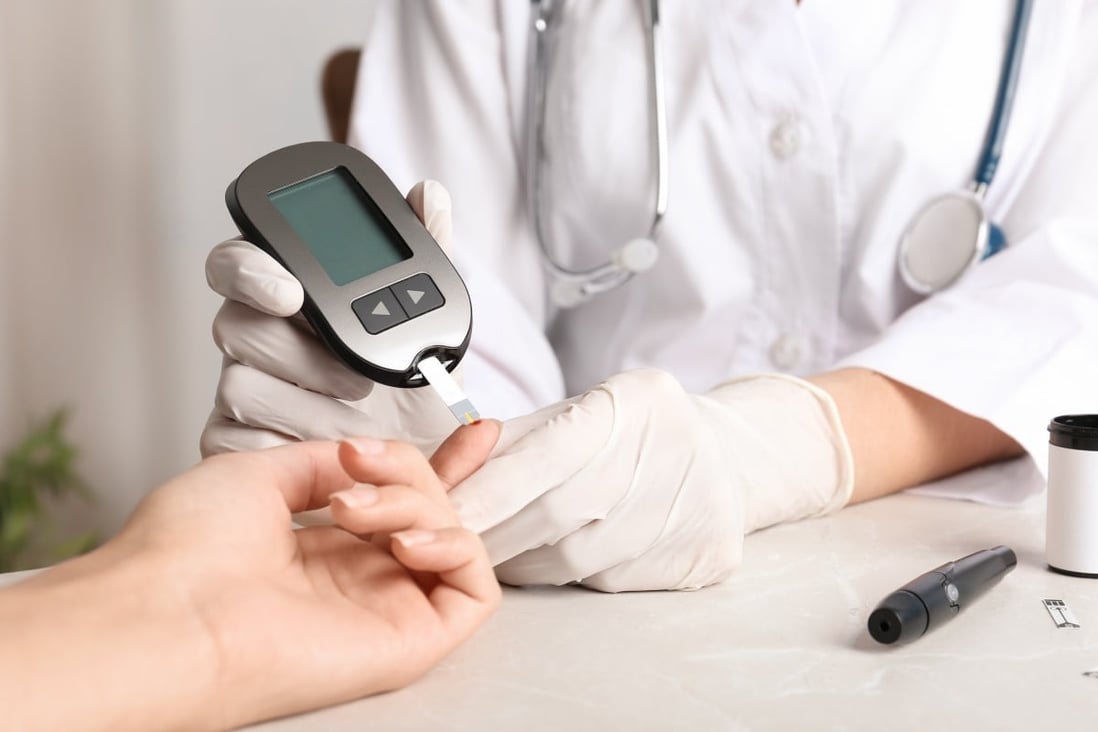Fertility is defined as the inability to become pregnant (conceive) while having regular unprotected sexual encounters with each other.
Approximately one in every seven couples may have difficulty conceiving a child. Approximately 84 percent of couples who have frequent unprotected sexual contact will become pregnant spontaneously within a year of starting their relationship (every 2 or 3 days).
The chances of a couple falling pregnant spontaneously during the next year are one in every four for those who have tried to conceive for more than three years and have not been successful.
Getting Help
While some women fall pregnant quickly, others may take longer. If you have been trying for a year and have not conceived, it is suggested that you visit your doctor.
Women above the age of 36, as well as anybody who is aware they may be having reproductive problems, should visit their doctor asap.
Doctors can conduct screenings for common causes of reproductive problems and give suggestions for potentially effective medications.
Types of Infertility
When a couple is unable to conceive after a year of trying, they are frequently diagnosed with infertility.
Infertility can be classed into two types: primary infertility and secondary infertility.
Primary infertility is when an individual has never conceived a child and is having problems conceiving; secondary infertility is when an individual has previously conceived a child but is having difficulty conceiving again.
Treatment for Infertility is Available.
Infertility treatments include the following:
Medical therapy for infrequent ovulation surgical operations such as endometriosis excision, fallopian tube repair, or scar removal (adhesions) within the womb or abdominal cavity aided conception such as intrauterine insemination (IUI) or in vitro fertilisation (IVF) assisted conception
Treatment will be decided by the underlying cause of the reproductive issues and what is available via your local clinical commissioning group or health authority (CCG).
What is In Vitro Insemination (IVF)
In vitro fertilisation (IVF) is one of the various treatments available to assist individuals experiencing reproductive issues in becoming pregnant. During IVF, an egg is extracted from the woman’s ovaries and fertilised in a laboratory using sperm. After fertilisation, the fertilised egg, dubbed an embryo, is returned to the woman’s womb to grow and develop.
How Much Does IVF Cost?
The costs of in vitro fertilisation in the United Kingdom is a question that many people needing help often ask.
If you opt to have IVF treatment in a private clinic in the United Kingdom, the usual cost of IVF will vary depending on the facility you choose. Each cycle will normally cost between £1,500 and £5,000, depending on the manufacturer (treatment fee, excluding drugs and optional extras). This charge may then grow in accordance with the number of cycles that are conducted at that location.
Need Help and Advice – Speak to Rainbow!
Rainbow is a cutting-edge social network that gives assistance, support, and solutions to families that are experiencing reproductive difficulties. Rainbow was established in 2018 with the goal of making it available to all people worldwide. We hear far too many tales of people who are yearning to start or extend their families but who do not have the resources or opportunities to do so. Rainbow comes to the rescue in this situation!
Please check out our blog for more help and advice on Pregnancy, fertility, and sexual health. If this post has been helpful, please feel free to share a link to it with others.



















